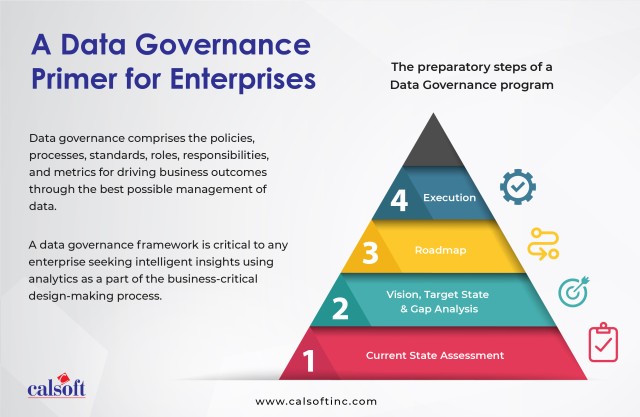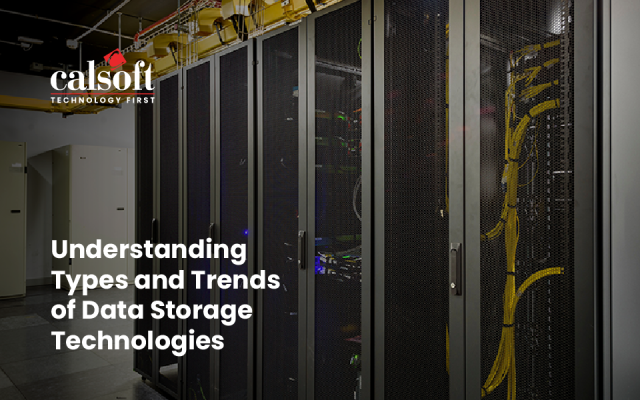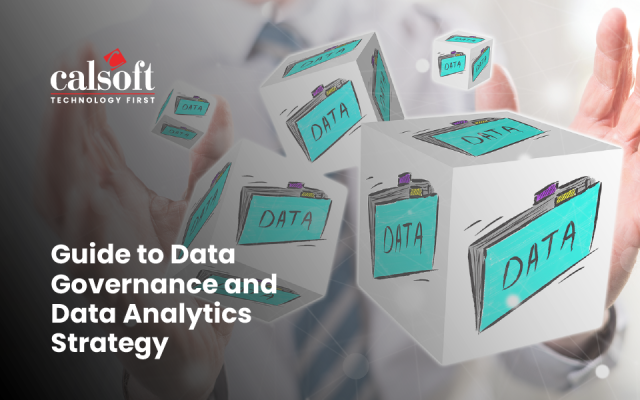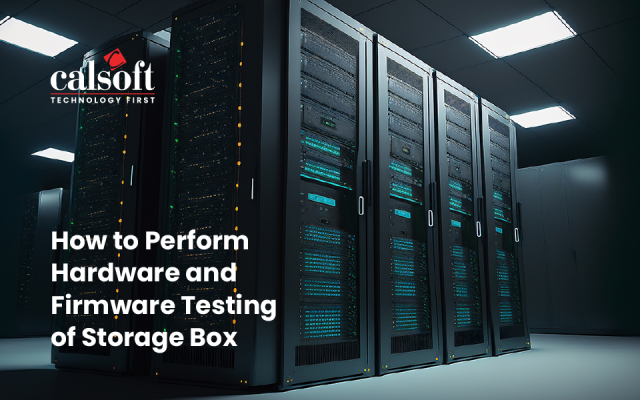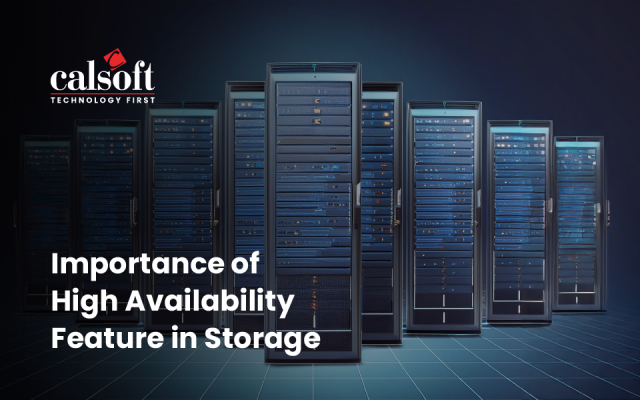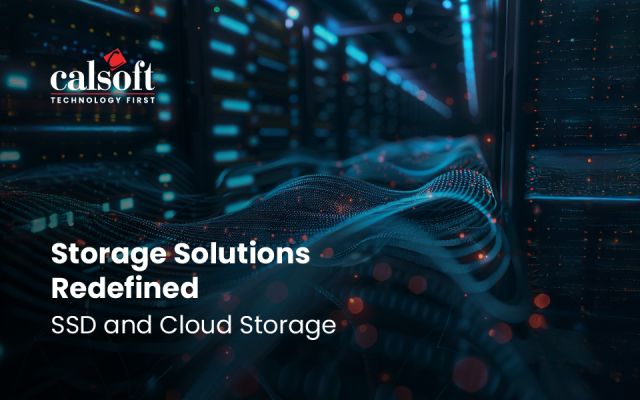Data is the new oil, and its full value can be extracted only after processing it to achieve specific goals.
Large enterprises need to perform data-driven decision-making at scale, and this is only possible when the discovery, access, and consumption of data is operationalized. Implementing an effective data governance framework makes this possible by influencing and enabling overall data management.
Effective Data Governance depends on the sources of data, distribution, consumption patterns, and several other factors. What works for one enterprise may not be the best approach for others, and the first steps are always the hardest. Having a seasoned consulting and delivery partner can help smoothen the creases as you kickstart your Data Governance initiative.
To give you an overview of how enterprises are leveraging data governance strategies to bring value to their business, we have curated some prime pointers and core services that are balancing and driving data governance strategies.
Drivers
- Data monetization – Leverage your data to boost topline revenue, strengthen customer engagement or improve your product or service
- Compliance – Stay ahead of the curve on regulatory compliance
- Risk Management – Effective Data Governance is your insurance policy to mitigate data-related operational risks
Core Services
- Data Quality Management – Ensure that your business decisions are based on the most reliable data
- Metadata Management – Drive change management and Data Discovery
- Reference and Master Data Management – Get more organized with the power of classification and categorization
These pointers form a baseline to plan data governance for any enterprise. However, something that works best for one organization might not work effectively. To give you further visibility into the process, here are the best practices followed by enterprises to implement data governance policies.
7 Best Practices for Efficient Data Governance Strategy
- Align data governance roadmap with the business goals as early in the process as possible
- Define data standards & leverage technology to apply them throughout the process
- Classify, standardize, tag, and reuse your data to meet your business goals
- Ensure effective data management for unstructured data residing throughout an enterprise
- Develop a team of individuals to carry out various data governance initiatives seamlessly
- Define various metrics to measure the progress of data mapping
- Automate to the hilt for smooth and error-free processes
For further assistance regarding data governance framework, practices, and strategy, get a free consultation from our data experts. Talk to our experts now.

